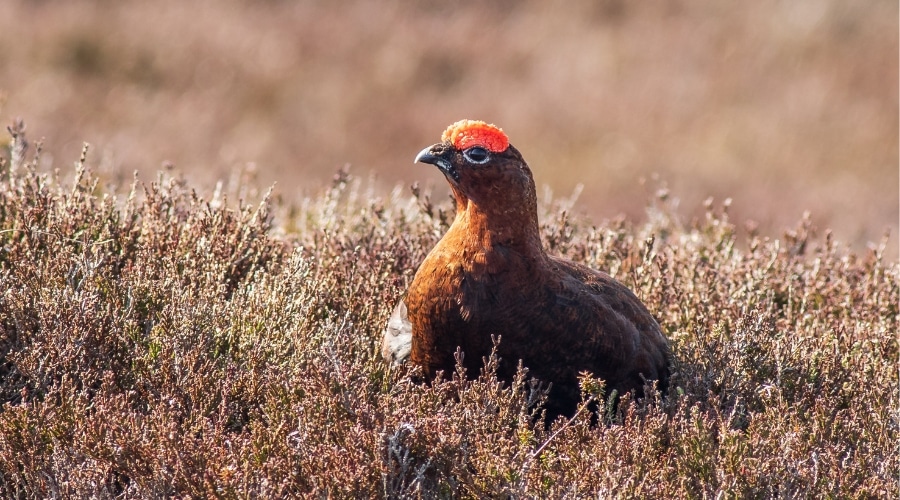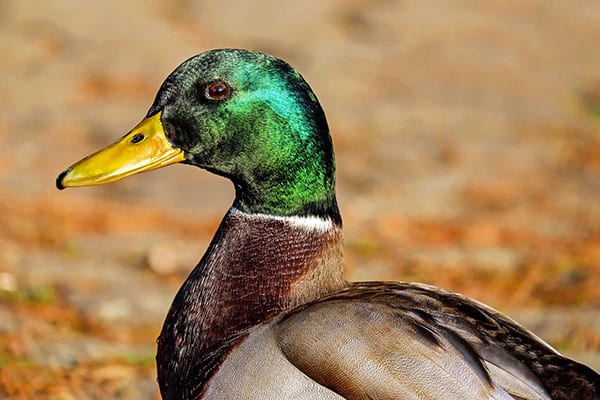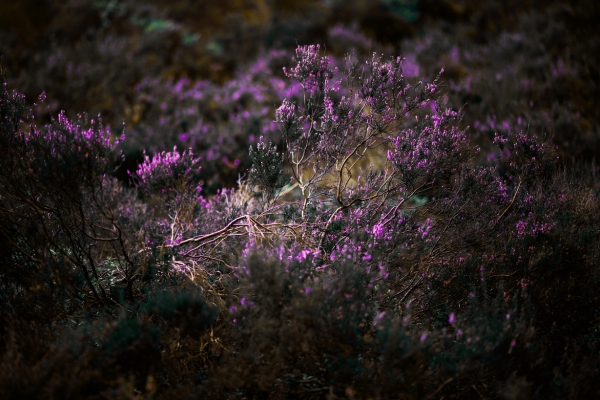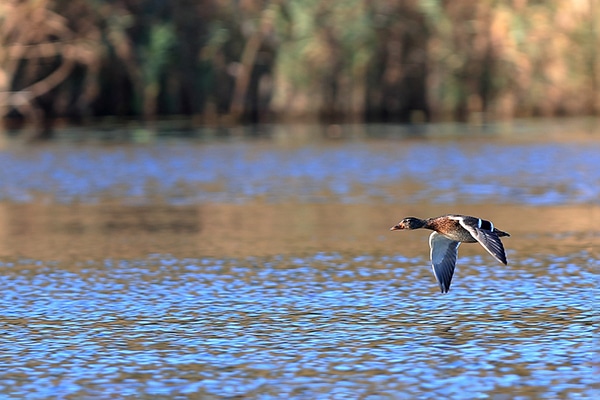
BASC raises opposition to Wildlife Management and Muirburn (Scotland) Bill
BASC has raised significant concerns with the Scottish Government’s Wildlife Management and Muirburn (Scotland) Bill, published today.
Get information on the legal shooting season for mammals and birds in the UK.
Apply for funding for your project or make a donation today
Comprehensive information and advice from our specialist firearms team.
Everything you need to know about shotgun, rifle and airgun ammunition.
Find our up-to-date information, advice and links to government resources.
Everything you need to know on firearms law and licensing.
All the latest news and advice on general licences and how they affect you.

The UK’s largest shooting organisation is calling for voluntary restraint to be exercised from today in the shooting of ducks, geese, wading birds (including woodcock), and coot and moorhen in Scotland.
The British Association for Shooting and Conservation (BASC) say a voluntary restraint is required due to persistent frost over much of the country in the last week or so.
BASC Scotland Director, Dr Colin Shedden, said: “We are fully aware that the current coronavirus restrictions in place over all of mainland Scotland mean that very few people are actually able to shoot just now.
“There are no visiting parties of goose shooters or wildfowlers and no inland shooting is taking place, apart from small-scale rough shooting and pest control.
“However, it is still important that those who are shooting, whether on the foreshore or inland, recognise that frozen ground and water bodies make both feeding and roosting very difficult and birds can lose condition quickly.
“BASC is calling for restraint to be exercised in the shooting of ducks, geese and waders, including reared mallard and woodcock. BASC also urges all countryside users to minimise disturbance of waterfowl and their habitats.”
In periods of prolonged severe weather (typically persistent freezing conditions) the relevant government ministers have the power to make protection orders suspending the shooting of wildfowl and waders in England, Wales and Scotland, under Section 2 (6) of the Wildlife and Countryside Act, 1981. Similar provisions apply in Northern Ireland under the Wildlife (Northern Ireland) Order 1985 (as amended 2011).
BASC normally calls for a period of voluntary restraint after 7 days of severe weather have been recorded (this was reached on the 5th January 2021 in Scotland). A statutory ban is introduced after 14 days of severe weather. The long-term forecast for Scotland shows that milder weather is expected from the 9th January.
For more information on the scheme please visit the JNCC website.

BASC has raised significant concerns with the Scottish Government’s Wildlife Management and Muirburn (Scotland) Bill, published today.

Pushing ahead with scheme in its current state risks undermining efforts to manage Scotland’s uplands effectively.

Project Penelope is here again, giving us the opportunity to get cracking with this exciting international conservation scheme.
Sign up to our weekly newsletter and get all the latest updates straight to your inbox.
© 2025 British Association for Shooting and Conservation. Registered Office: Marford Mill, Rossett, Wrexham, LL12 0HL – Registered Society No: 28488R. BASC is a trading name of the British Association for Shooting and Conservation Limited which is authorised and regulated by the Financial Conduct Authority (FCA) under firm reference number 311937.
BASC Direct Ltd is an Introducer Appointed Representative of Agria Pet Insurance Ltd who administer the insurance and is authorised and regulated by the Financial Conduct Authority, Financial Services Register Number 496160. Agria Pet Insurance is registered and incorporated in England and Wales with registered number 04258783. Registered office: First Floor, Blue Leanie, Walton Street, Aylesbury, Buckinghamshire, HP21 7QW. Agria insurance policies are underwritten by Agria Försäkring.
If you have any questions or complaints about your BASC membership insurance cover, please email us. More information about resolving complaints can be found on the FCA website or on the EU ODR platform.